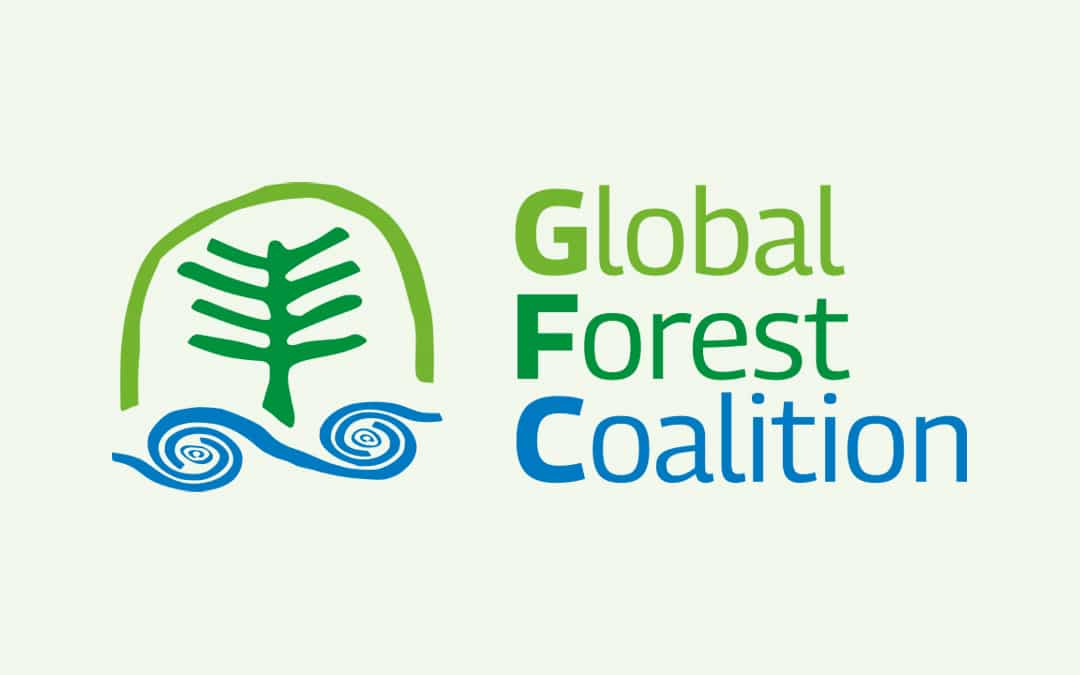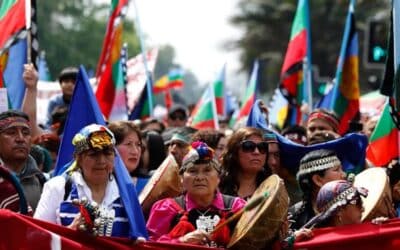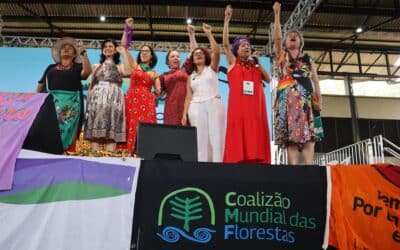Today – in the “People’s Space” at the University of Kwazulu, in conjunction with the UNFCCC COP17, a workshop on agriculture and soils took place. Peasant farmers, most of them from Mozambique and members of the international peasants movement, La Via Campesina, shared their testimonies. They spoke about their lands being taken from them, by foreign investors, often with the blessings of their government leaders. One woman described how this had happened to her – she was never consulted, rather, she just came home to find that her land had been staked out and she was forced to leave. One after another they reported planting seeds only to have them fail to germinate or die, due to irregular rain cycles, or extreme heat. This meant that they would have to purchase more seeds, which they can ill afford. Some pointed out that traditional practices in use in their regions for hundreds or even thousands of years simply no longer worked.These people are at the frontlines of climate change impacts. Their ability to eat, feed their families, and survive, hangs in the balance, not in the distant future, but today. And their problems are our problem, because peasant farmers produce near 70 percent of the food we eat.
Here in Durban, there is awareness of the problem, and loads of lip service is given. But real solutions are nowhere in sight. The negotiations have been underway for 17 years now, and it seems likely that the carbon emissions resulting from these massive conferences far outstrip any success the Kyoto Protocol has achieved to reduce emissions. These farmers cannot count on having the problem of climate change resolved. At this point, even IF humanity were suddenly to cut back to zero emissions, the damage already done will continue to heat the planet for many decades. Though peasant farmers have little responsibility for causing global warming, they are among the first to suffer the consequences.
One farmer in our workshop pointed out that many people in his region do not understand what is happening. They are confused and increasingly desperate. This, he says, makes them vulnerable and easily manipulated when foreigners come to convince them to try “something new”. Indeed, this might be the case in Cameroon, where farmers were convinced to participate in “trials” using biochar, which, they were told, would improve their maize yields and “sequester carbon” in their farms, something they could get paid for from the sale of credits on the carbon markets. Biochar Fund, the organization responsible for the trials, paid the farmers nothing for the time and energy, and in some cases the land they donated for these trials. The farmers were willing – they had been convinced biochar would “help”.
After the first harvest, preliminary results from the trials were published, with headlines claiming “remarkeable” success, and much cheering from biochar enthusiasts. These preliminaries were supposed to be followed up with further data on a second harvest and soil analysis, with data from 1500 farmers. But no further information was forthcoming, and then Biochar Fund shut down their website… When Benoit Ndameu, a Cameroonian researcher traveled to the region, he found farmers 18 months later, still awaiting the continuation of the project, and especially, the income from carbon credit sales. It turned out that far fewer farmers had actually participated, and many who did participate, failed to complete the trials.
Biochar Fund founder and director, Laurens Rademaker had moved on, claiming success with the trials, and using that to leverage further funding for another biochar project, this one in DRC – from the Congo Basin Forest Fund, with the claimed intent of reducing deforestation by replacing traditional slash and burn, with slash and char. This project is linked to “REDD” – another big topic at the Durban climate COP 17. Global Forest Coalition’s REDD fairy tales may just need a sequel – the biochar fairy tale.
The farmers from Mozambique and elsewhere in Africa will need more than fairy tales to secure their future- but it appears unfortunately, that the UNFCCC COP17 won’t provide much in the way of real solutions.
Rachel Smolker
Biofuelwatch/Energy Justice Network
rsmolker@riseup.net
802.482.2848 (o)
802.735 7794 (m)
skype: Rachel Smolker
De las falsas soluciones al cambio transformador
Nos complace compartir con ustedes el último número de Cobertura forestal, la publicación principal de la Coalición Mundial por los Bosques (GFC), disponible en inglés y próximamente en español y francés . De las falsas soluciones al cambio transformador: cómo las...




